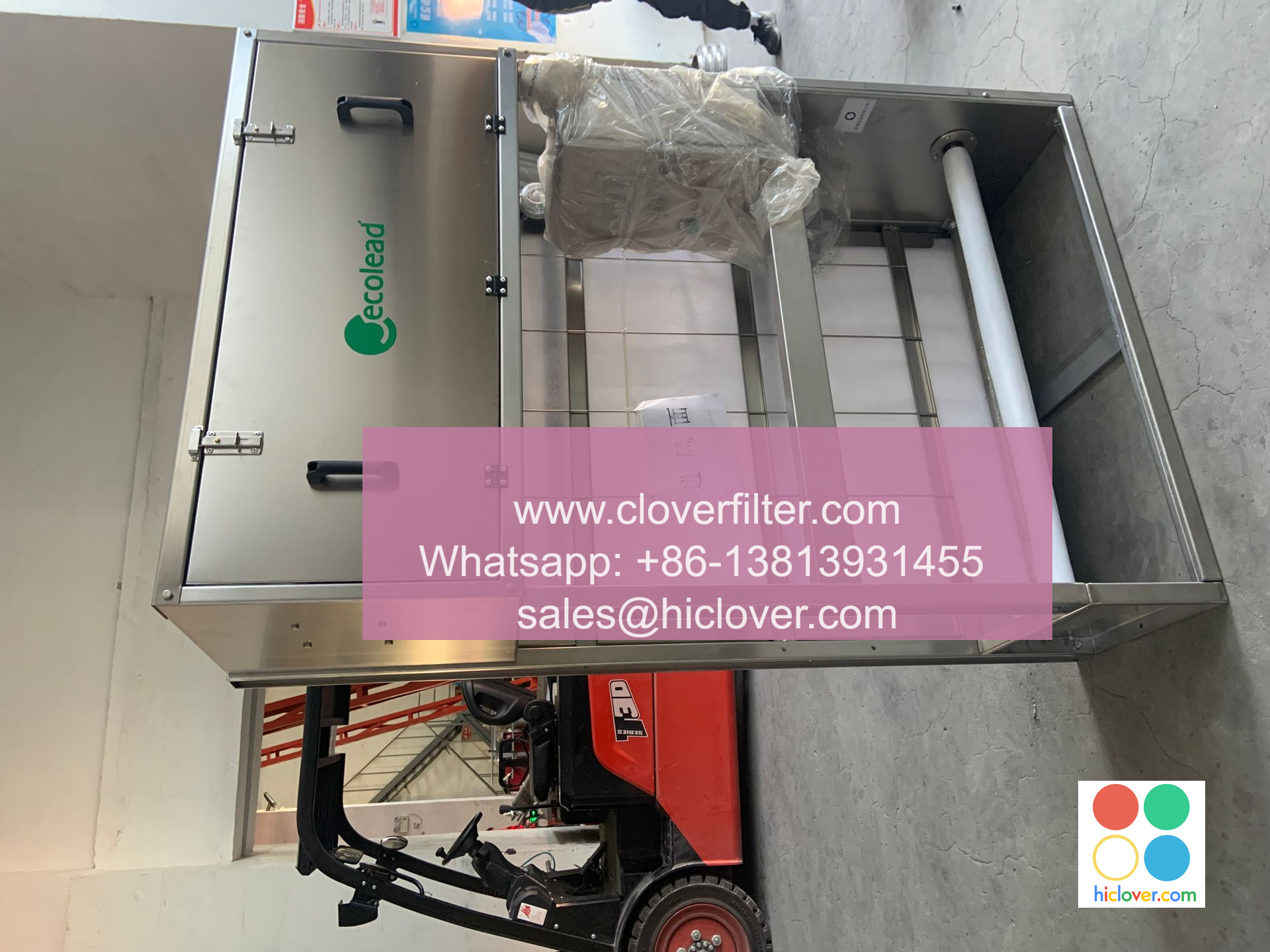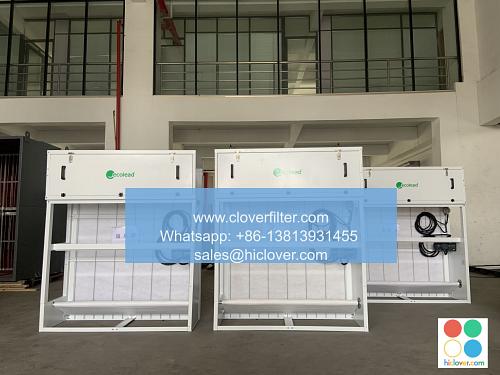Comparing Traditional Air Filters to Automatic Roll Air Filters in Alberta Oil and Gas Facilities

Alberta oil and gas facilities require efficient air filtration systems to maintain a safe and healthy working environment. Two common types of air filters used in these facilities are traditional air filters and automatic roll air filters. In this article, we will compare the two types of air filters, highlighting their differences, advantages, and disadvantages.
Traditional air filters have been used in oil and gas facilities for decades. They are typically made of a rigid frame with a filter media, such as fiberglass or synthetic fibers, that captures dust, dirt, and other airborne contaminants. These filters are usually replaced every 1-3 months, depending on the level of air pollution and usage. Traditional air filters are relatively inexpensive and easy to install, making them a popular choice for many facilities.
On the other hand, automatic roll air filters are a more modern and innovative solution for air filtration. These filters use a continuous roll of filter media that automatically advances as it becomes dirty, providing a consistent and high level of air quality. Automatic roll air filters are designed to reduce maintenance costs and minimize downtime, as they can operate for extended periods without the need for replacement. They are also more efficient at capturing airborne contaminants, including particles as small as 0.3 microns.
One of the main advantages of traditional air filters is their low upfront cost. They are widely available and can be purchased at a relatively low price point. However, their replacement costs can add up over time, and they may require more frequent maintenance and replacement. In contrast, automatic roll air filters have a higher upfront cost, but they can provide long-term cost savings through reduced maintenance and replacement costs.
In terms of air quality, automatic roll air filters are generally more effective at capturing airborne contaminants. They can provide a higher level of air cleanliness, which is essential in oil and gas facilities where air pollution can be hazardous to workers’ health. Traditional air filters, on the other hand, may not be as effective at capturing smaller particles, which can lead to a decrease in air quality over time.
Another important consideration is the maintenance and replacement of air filters. Traditional air filters require manual replacement, which can be time-consuming and labor-intensive. Automatic roll air filters, on the other hand, are designed to be low-maintenance and can operate for extended periods without the need for replacement. This can help reduce downtime and minimize the risk of air pollution-related accidents.
In addition to their technical advantages, automatic roll air filters can also provide environmental benefits. By reducing the amount of waste generated by traditional air filters, they can help minimize the environmental impact of oil and gas facilities. This is particularly important in Alberta, where there is a growing focus on environmental sustainability and reducing the carbon footprint of industrial facilities.
In conclusion, while traditional air filters have been widely used in Alberta oil and gas facilities, automatic roll air filters offer several advantages in terms of air quality, maintenance, and cost savings. By providing a consistent and high level of air quality, automatic roll air filters can help create a safer and healthier working environment for employees. Additionally, their low-maintenance design and environmental benefits make them an attractive option for facilities looking to reduce their environmental impact.
FAQs
Q: What is the main difference between traditional air filters and automatic roll air filters?
A: The main difference is that traditional air filters are replaced manually, while automatic roll air filters use a continuous roll of filter media that advances automatically as it becomes dirty.
Q: Which type of air filter is more effective at capturing airborne contaminants?
A: Automatic roll air filters are generally more effective at capturing airborne contaminants, including particles as small as 0.3 microns.
Q: What are the environmental benefits of using automatic roll air filters?
A: Automatic roll air filters can help reduce the amount of waste generated by traditional air filters, minimizing the environmental impact of oil and gas facilities.
Q: Are automatic roll air filters more expensive than traditional air filters?
A: Yes, automatic roll air filters have a higher upfront cost than traditional air filters. However, they can provide long-term cost savings through reduced maintenance and replacement costs.
Q: Can automatic roll air filters be used in all types of oil and gas facilities?
A: Yes, automatic roll air filters can be used in a variety of oil and gas facilities, including refineries, drilling sites, and processing plants. However, it’s essential to consult with a qualified air filtration expert to determine the best type of air filter for your specific facility.

